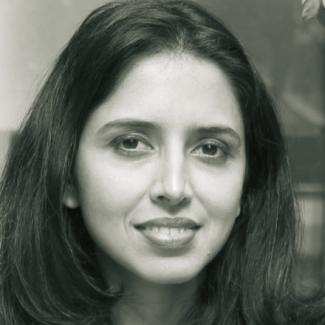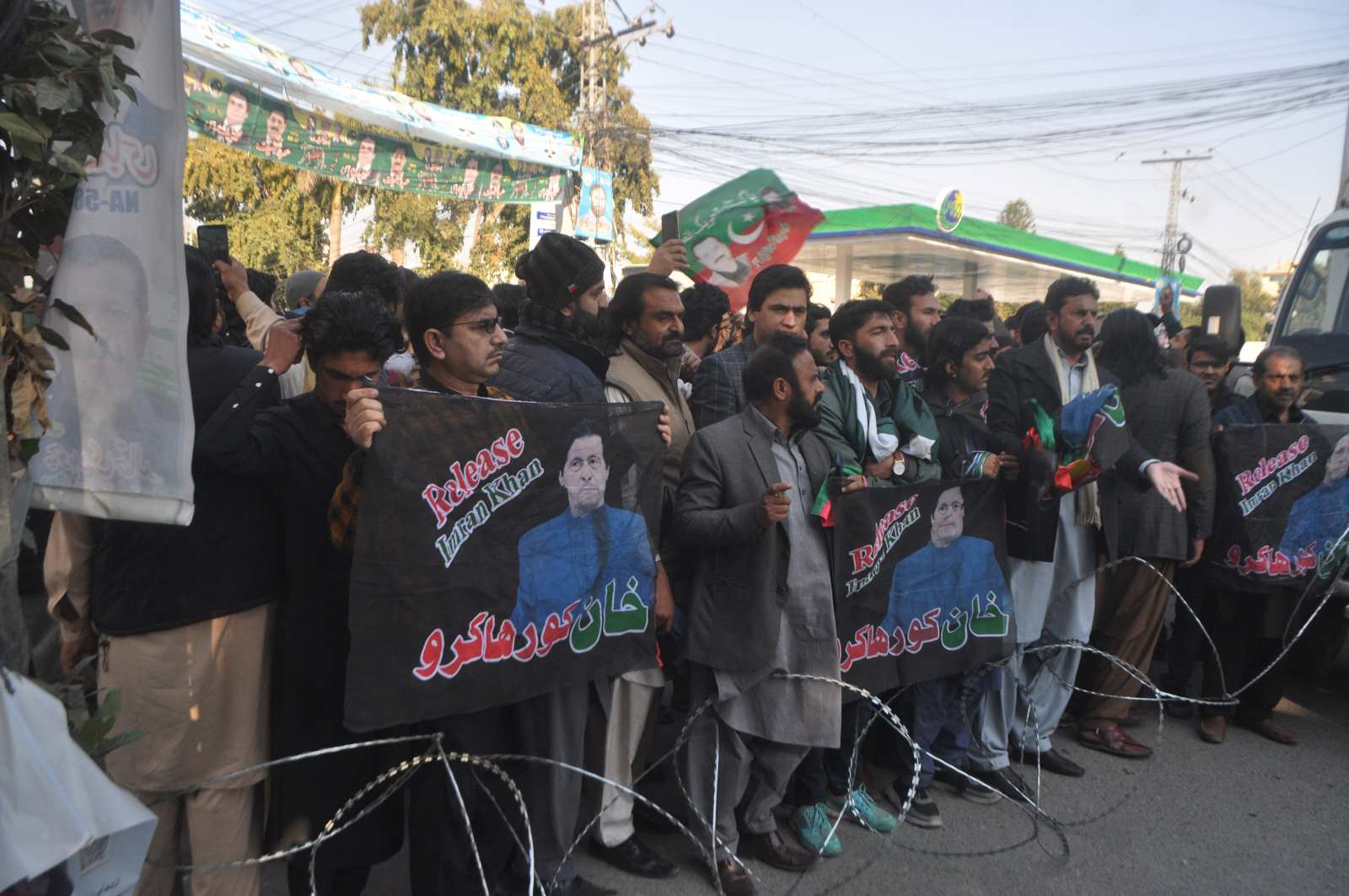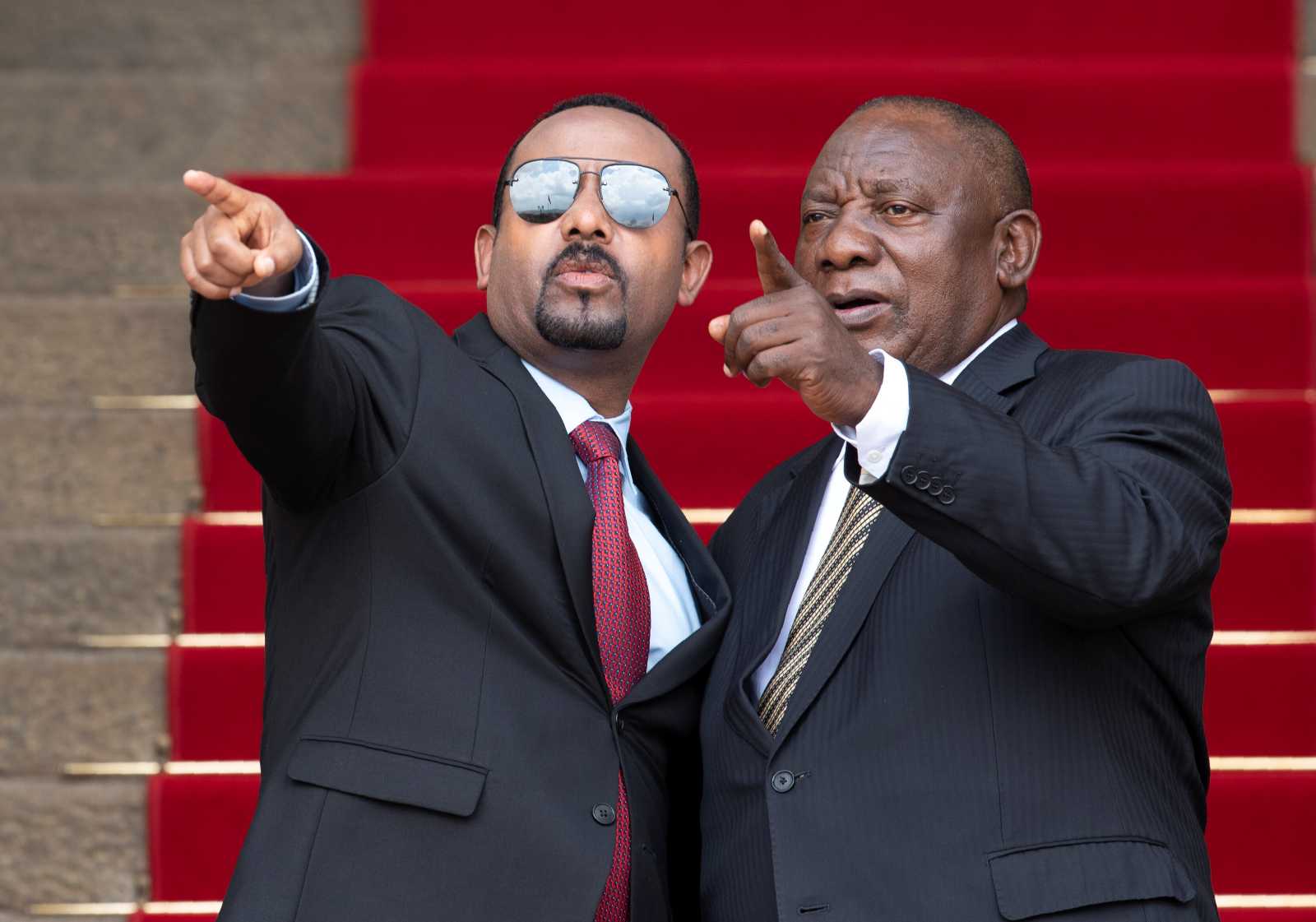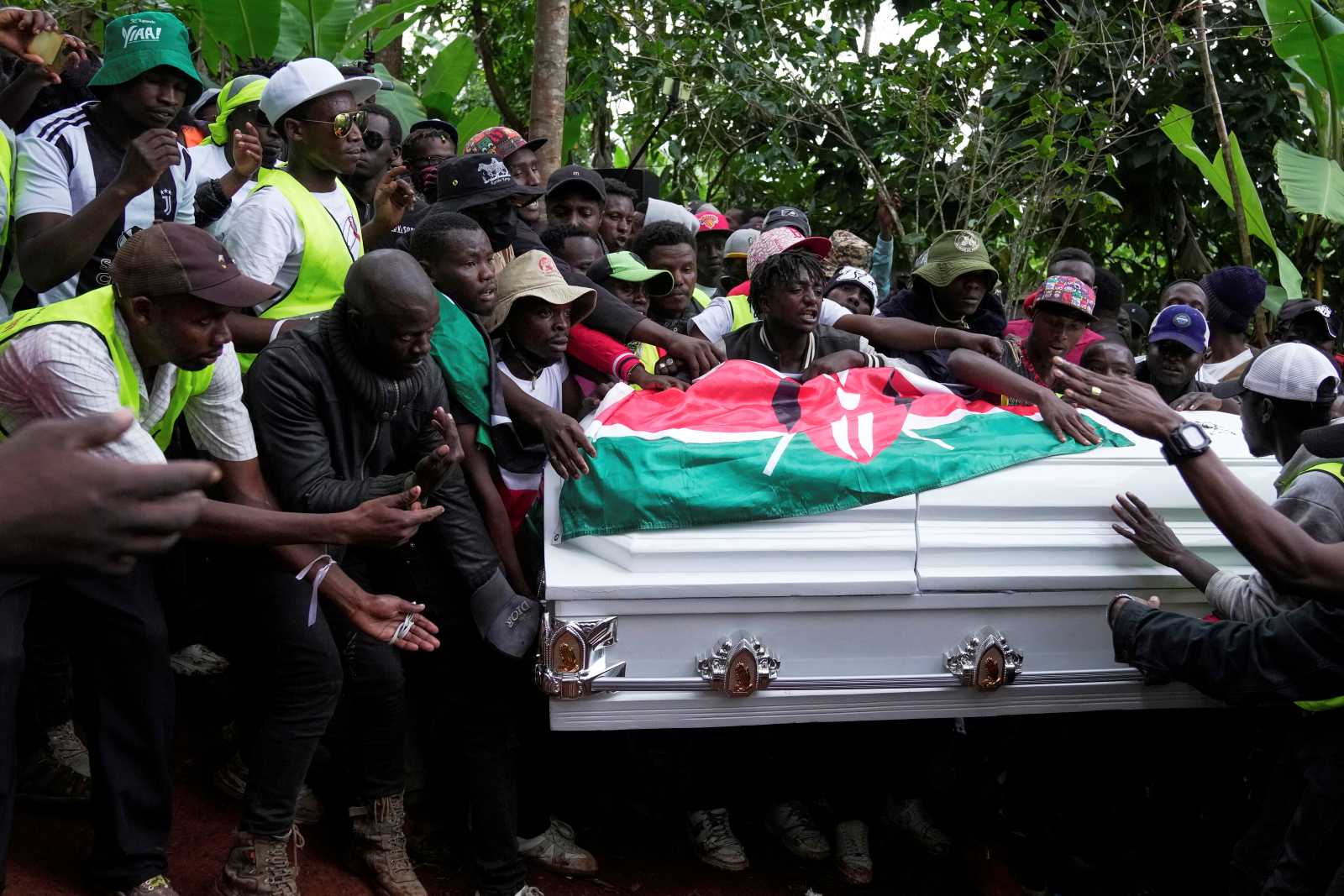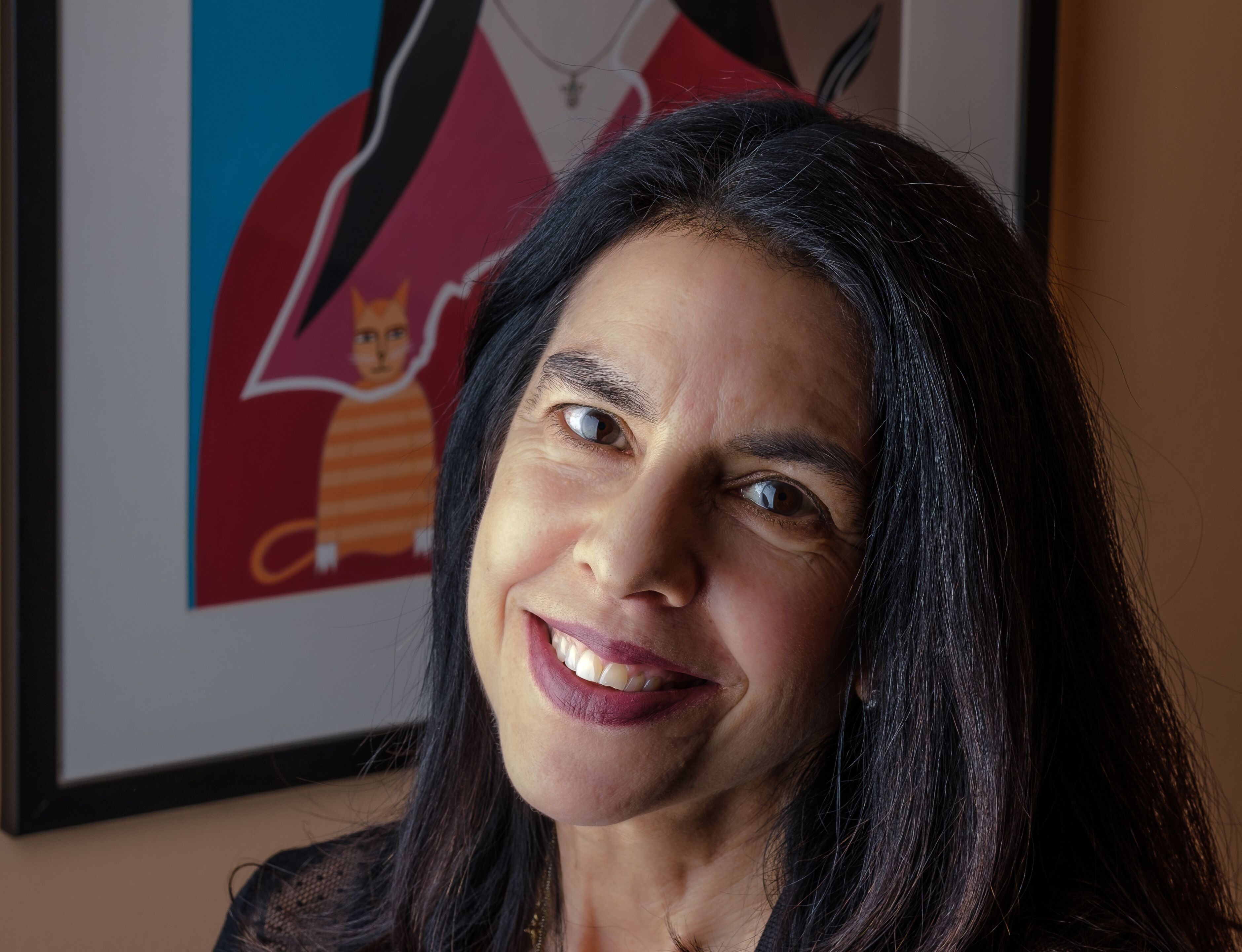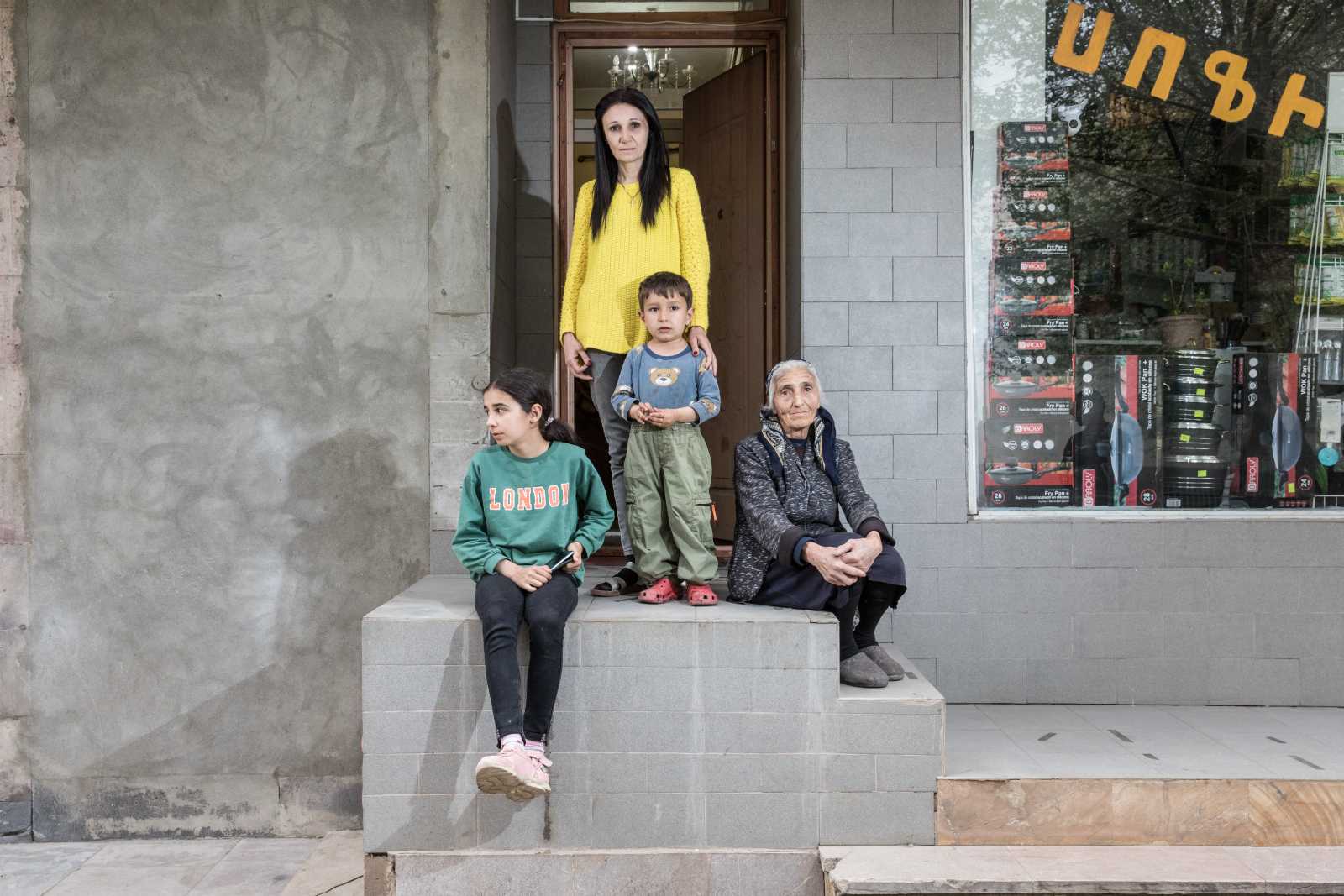Nationhood
To define Pakistan as a nation, Islam is insufficient

The ideal of a unified national identity has been at the forefront of Pakistan’s political imagination since its creation in 1947. As a multicultural state that was originally composed of two geographically separated ‘wings’, one on either side of India, Pakistan has grappled with the question of what makes it a ‘nation-state’. Islamic identity became the glue for holding together this predominantly Muslim but otherwise hugely diverse country.
Islam was a powerful mobilising force in the story of Pakistan’s independence and was instrumental as a source of political legitimacy. However, it was used more often than not to suppress political dissent and, along with it, religious minorities. It also served to downplay ethno-linguistic identities.
At independence, Pakistan had a sizable Hindu minority that made up roughly 15 % of the total population. Most of them lived in what is now Bangladesh, the former East Wing.
After the partition of British India had triggered brutal violence between Muslims and Hindus, Pakistan’s ruling clique did its best to undercut the political influence of the latter community in the 1950s. For example, they created “separate electorates” for all religious minority groups, so Hindus could only vote for Hindus, Christians for Christians, and so on.
In 1971, Bangladesh gained independence from Pakistan in a bloody liberation war. Pakistan’s military spoke of “the Hindu menace” to legitimise its genocidal use of force. Today, the number of non-Muslim people in Pakistan amounts to only about three percent according to the latest census.
What is called Islamic nationalism, however, is basically Sunni nationalism. Shia, Ismaeli and other Muslim minorities exist. They too suffer discrimination and sometimes even persecution, as I elaborated on this platform several years ago.
Fundamentalist militias
Pakistan’s experiment with religious nationalism has gone truly awry. The worst aspect was probably that the military, over four decades, created and sponsored violent fundamentalist militia groups, initially for fighting the USA’s proxy war against the Soviet Union in Afghanistan in the 1980s. The militant groups often fight amongst themselves for both sectarian and other reasons. They have waged terror attacks in Pakistan itself many times.
The context of these conflicts is extremely confusing to anyone unfamiliar with their recent history. They have, however, deepened hostility of many average Pakistanis towards religious minorities. This is evident in the frequent arson of places of worship belonging to non-Muslims and the desecration of their graves. Indeed, there is so much religious polarisation that mob lynchings over ‘blasphemy’ – an increasingly common occurrence – make no differentiation between Muslims and non-Muslims.
Faith affiliation has thus overshadowed the ethno-linguistic diversity that lies at the heart of Pakistan’s federal structure. To some extent, this diversity has helped to resist the overarching power of the country’s military. Minority sub-nationalism ebbs and flows in relation to Punjabi dominance and has sometimes challenged both Islamism and the centralising policies of the state. The most important case, of course, was Bengali nationalism and the birth of Bangladesh in 1971.
Language matters
Reeling from this loss, the enduring 1973 Constitution of Pakistan recreated the new state as a multinational federation of four provinces that reflect the main ethno-linguistic identities in the country: Punjab, Sindh, Khyber Pakhtunkhwa and Baluchistan. However, every province is home to ethno-linguistic minorities belonging to the other ethnic groups and languages spoken in Pakistan.
In 2010, after some decades of political instability and multiple military coups, a constitutional amendment reinforced this ethno-federal structure. Wide legislative powers were devolved to the provinces, politically and economically constraining the power of the military at the centre.
It is striking that Islamist parties have rarely made more than a tiny dent in elections. Ethno-linguistic competition, however, matters quite a bit. Nowhere is this ethnic competition more apparent than in Karachi, Pakistan’s largest city of 15 million, where economic migrants from all over the country reside in distinct, ethnically defined areas. Ethnic competition is also apparent in quotas for higher education and government jobs. The quotas are meant to ensure fair representation of all communities but give rise to constant contestations.
Pakistan has thus not made much progress in terms of inclusiveness, and the federation today is anything but stable. A multi-party coalition is currently running the country, having come into power through the military’s electoral engineering earlier this year. It includes two big parties with a history of vicious rivalry. This coalition is challenged by a right-leaning populist movement that won far more seats in the recent elections than the establishment had expected.
The military is keen on protecting its economic interests. Its manoeuvring, combined with the continuing preponderance of Punjab, do not bode well for ethno-lingual minorities. Baluchistan is an extreme example. Indeed, the province in Pakistan’s resource-rich and sparsely populated south-west is suffering military repression for decades. The conflict has culminated in an ongoing insurgency in this province, and there have been many enforced disappearances.
The military wants to roll back the power of sub-national units and is trying to take advantage of conflict scenarios. It is obvious that its decades long emphasis of order based on Muslim unity did not work, but only led to the current frictions.
Maryam S. Khan is a research fellow at the Institute of Development and Economic Alternatives (IDEAS) in Lahore, Pakistan. She recently completed her PhD degree in law on Pakistan’s constitution-making history from the University of Wisconsin, USA.
maryam.khan@ideaspak.org
